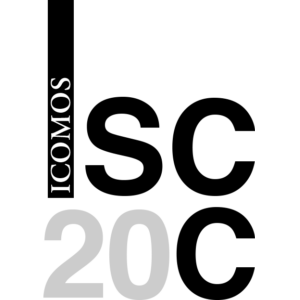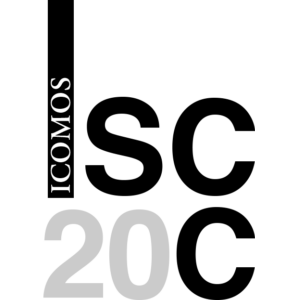New Nation-States within the Twentieth-Century Historic Thematic Framework
This regional seminar is part of a larger in-person conference "Modernism for the Future. Interpretations" in Kaunas on September 21-22, 2022.
Turning the past into heritage is an act of cultural empowerment. An act that depends on our constantly changing political, social or emotional relationship with the physical artefact. David Lowenthal once said that “the past is a foreign country reshaped by today, its strangeness domesticated by our own modes of caring for its vestiges”. The reasoning behind the decision to declare the artefact of the past a cultural heritage is constantly being updated, rethought and refined. For our generation, heritage is no longer the most beautiful or oldest fragments of our past. Heritage now is instead a complex testimony of humans as a species.
ICOMOS ISC20C invites the world heritage community to a series of regional seminars on the “Twentieth-Century Historic Thematic Framework” as a tool for rethinking the global narratives associated with 20th-century heritage. Seminars aim not only to develop the knowledge and broad understanding of 20th-century heritage but also to support opportunities to present, share and expand their new cases and ideas on the 20th century. The seminar in Kaunas will focus on the topic of “New Nation-states” as a phenomenon of modernizing world. Based on the experience of Kaunas European Capital of Culture, the seminar will debate the role of contemporary interpretations in the process of identifying, understanding and disseminating this narrative.
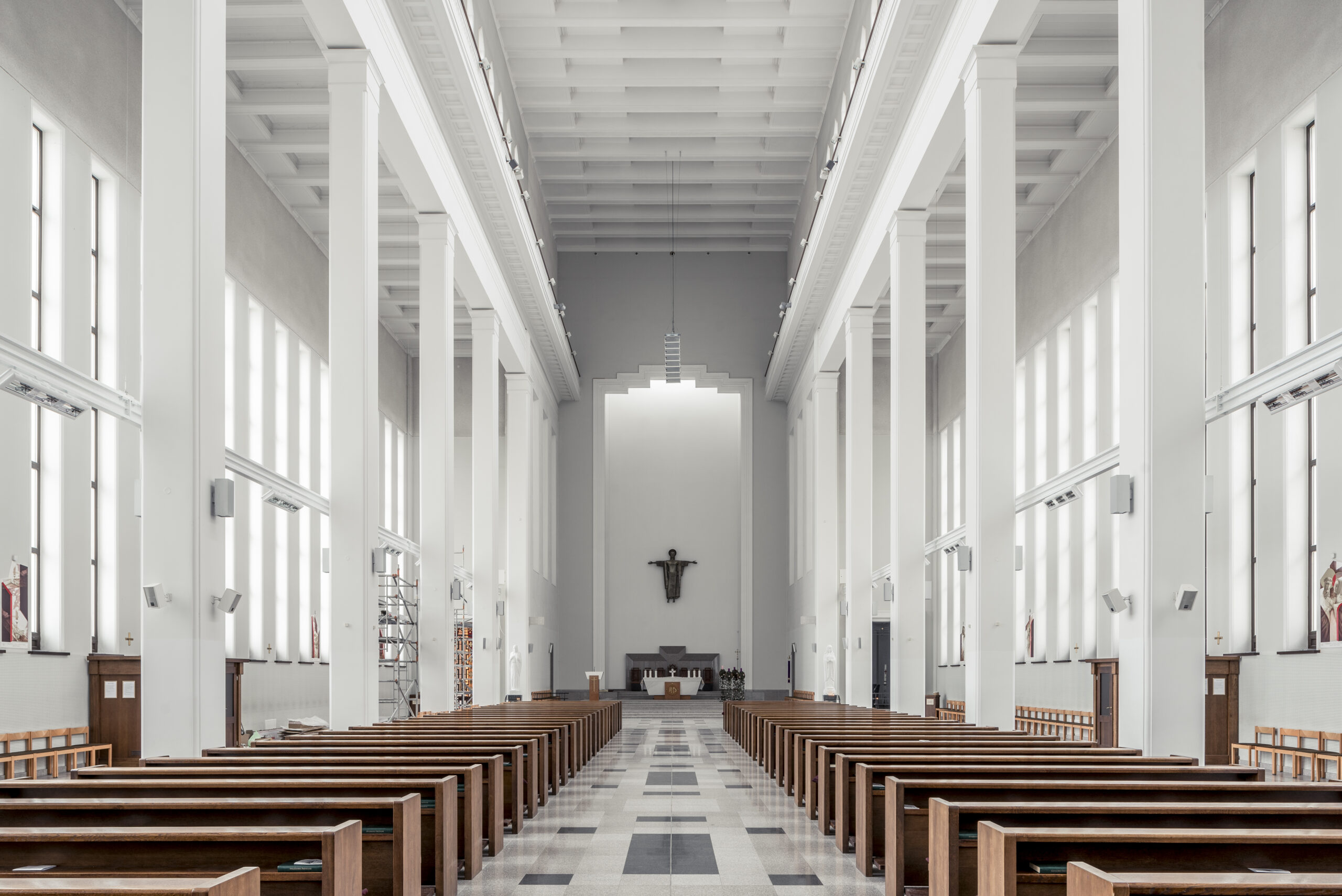
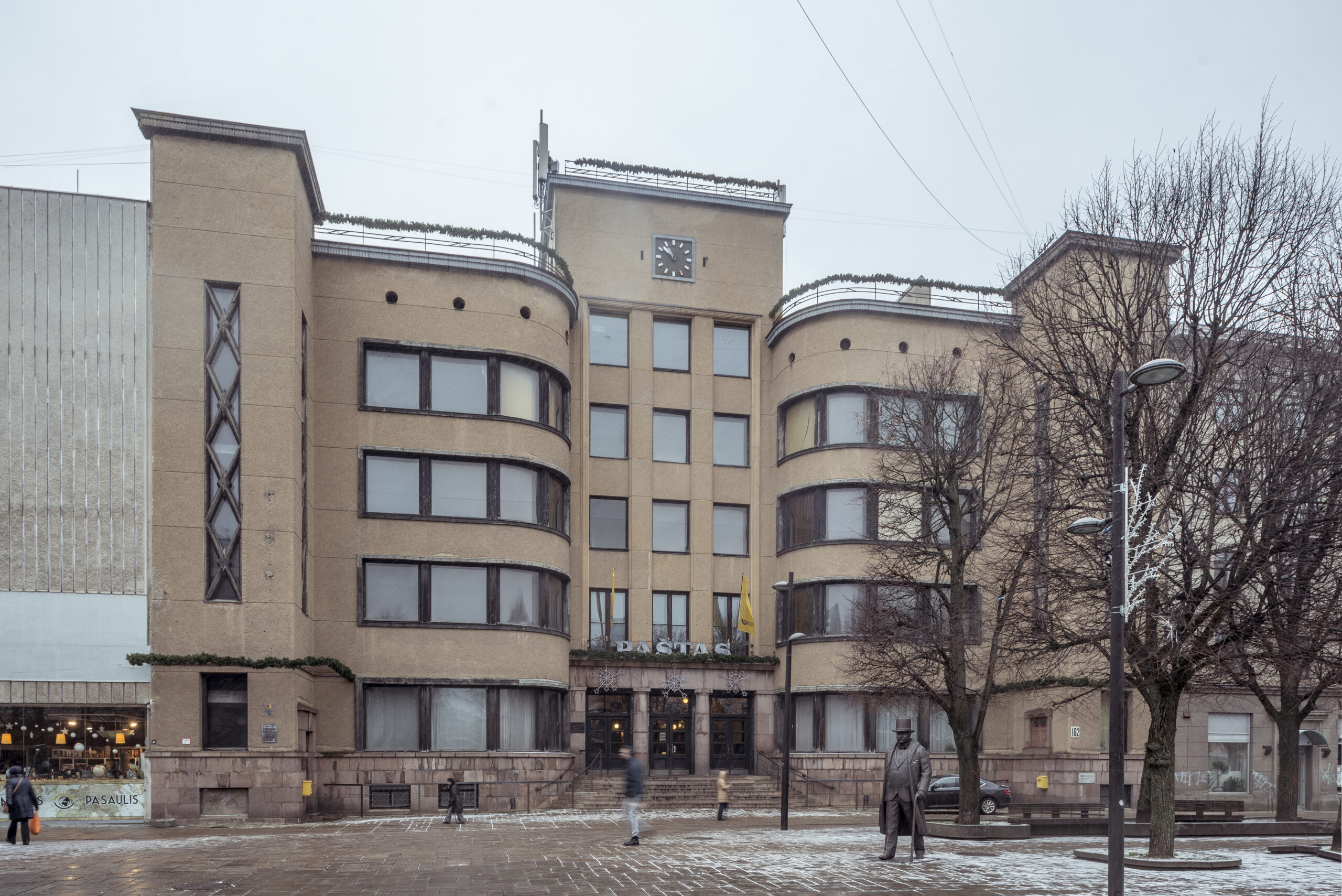
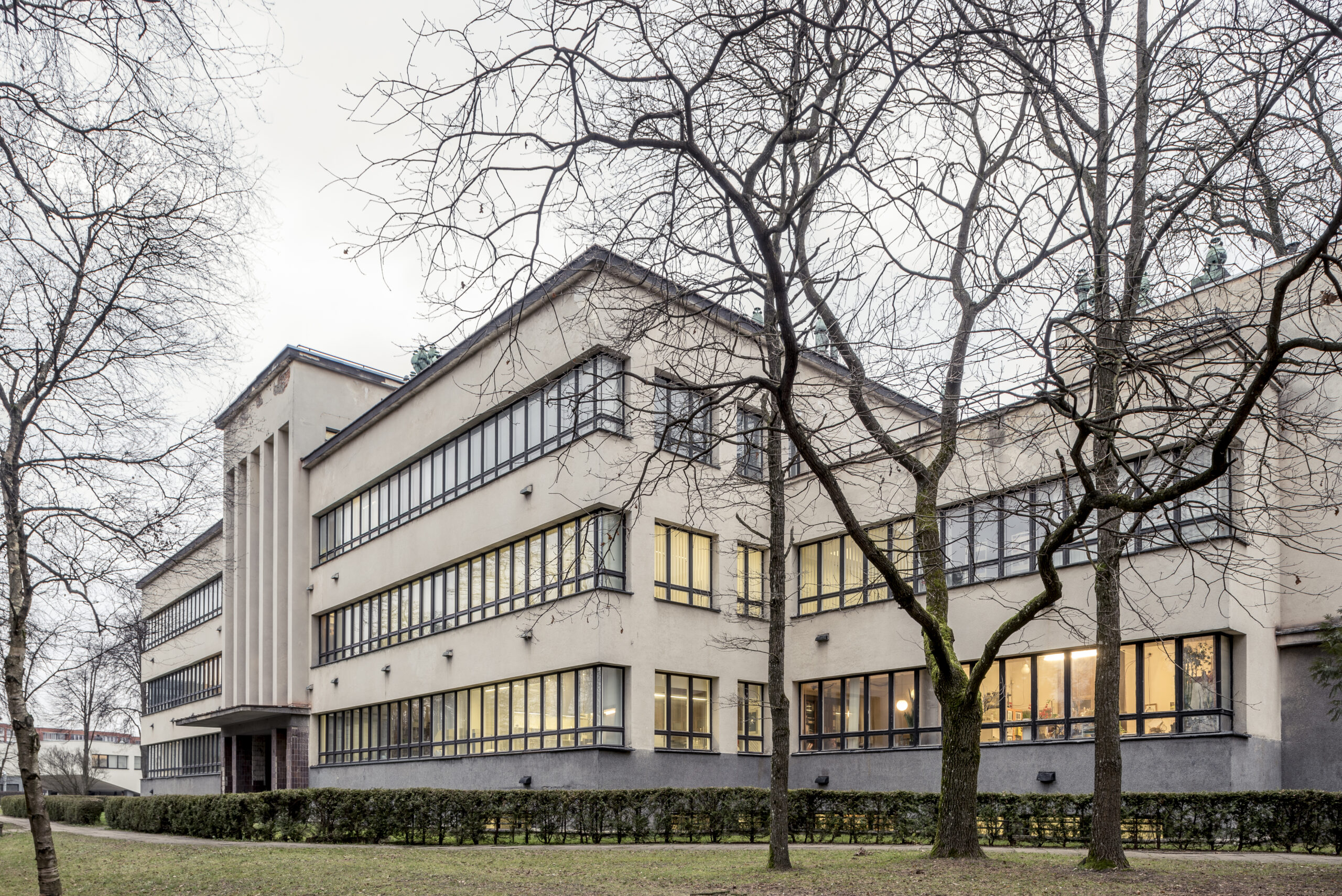
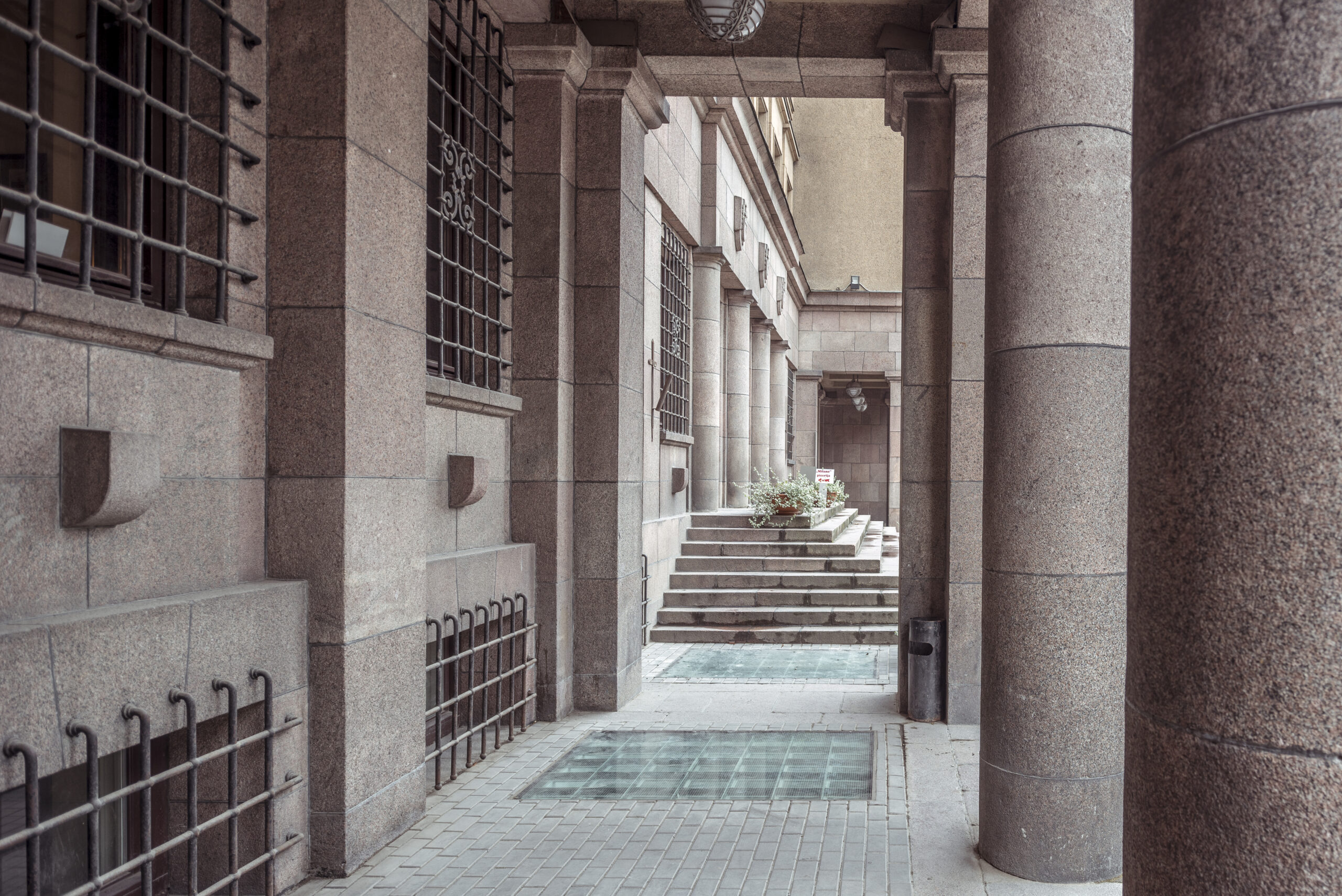
In 1919-1939, after the declaration of an independent Republic of Lithuania in 1918, Kaunas served as the provisional capital of the state. The status of the provisional capital was crucial for the unprecedented growth and architectural development of the city. Thousands of new buildings were built in less than twenty years, and Kaunas was transformed into a modern city. Here are some of the most important landmarks. The Church of the Resurrection, the crown of the city, was conceived not only as a church, but also as a monument to the independence of the state and a pantheon for the nation. The Central Post Office is the centre of the state’s communications and, at the same time, a strong representative of the Lithuanian national style. The Officers’ Club “Ramovė”, full of monumental symbolism, represents the ambition of the nascent state. And finally, the Chemical research laboratory represents the scientific progress of the state. All these buildings not only fulfilled their function but also had the clear objective of fostering the identity of the young state.
Date: September 21, 2022
Time: 14:00 – 15:30 Lithuania Time
Location: Kaunas Artists’ House, V. Putvinskio st. 56, Kaunas, Lithuania
PROGRAM
14:00-14:30. Introduction + screening video on 20cHTF
14:30-15:00. Panel discussion. Representatives of the newly formed Nation States in the Eastern European region (Lithuania, Poland, Ukraine) will briefly discuss how the BFR can be useful in identifying new 20th century heritage sites in a country, and how it can help in promoting the legacy of modernism in general and the legacy of a particular country individually.
Riin Antalu (EE, ICOMOS)
Marija Drėmaitė (LT)
Grzegorz Piątek (PL)
Edward Denisonon (East Europe in a broader Asian-African context)
15:00-15:30. Team-working. Three-four groups will be asked to provide arguments how to use theme “New Nation state” as an instrument to understand/promote the heritage of Kaunas (or other case study).
Click here to know more about the larger conference.
